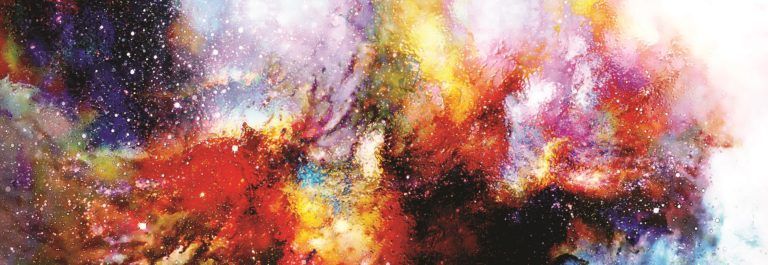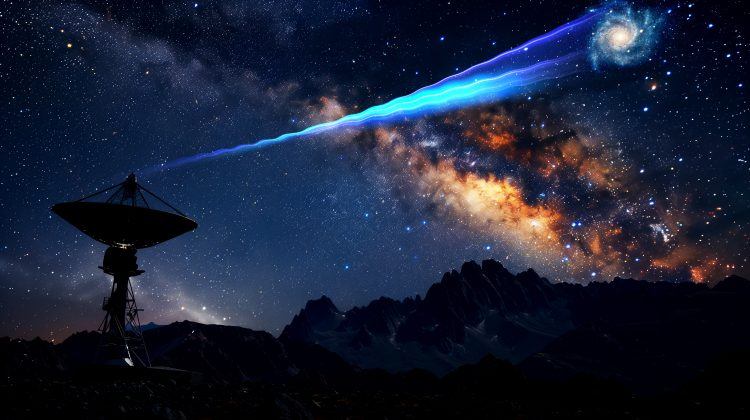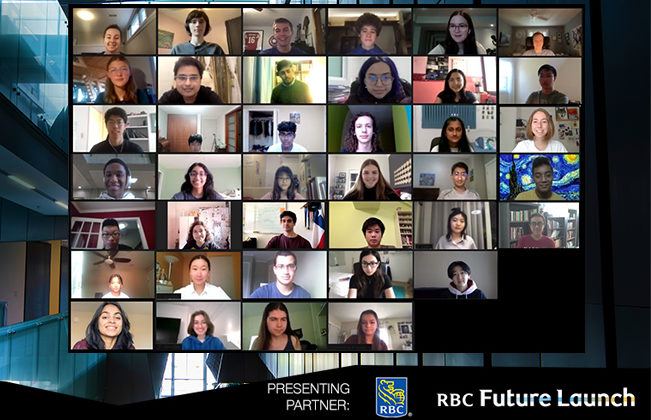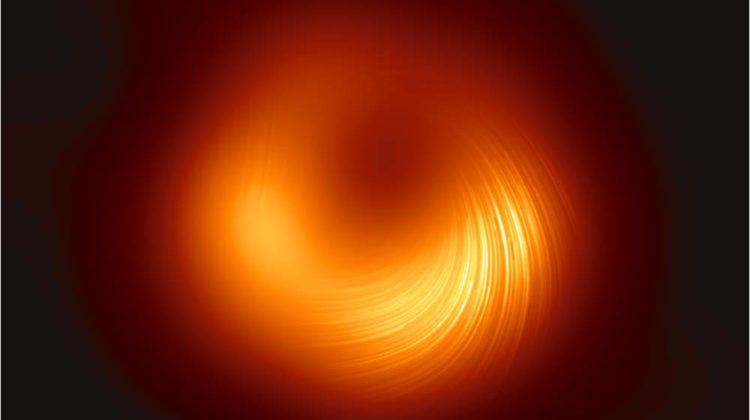Neil’s Notes: For science, and Perimeter, the best is yet to come
What drives us is our unbridled curiosity and appreciation of the extravagant beauty and simplicity inherent in nature.

I have been fortunate to serve as Perimeter’s Director for a decade. It’s been the opportunity of a lifetime, both challenging and exhilarating, and an enormous privilege to lead such a dedicated and willing team. Together we have built a faculty, a community, and a culture which is, I think, uniquely forward-looking and ambitious. We encourage each other and, above all, our young people to be unafraid of seeking answers to the most difficult questions. Together, we are creating a new kind of research institute for the world. I use the present tense because I believe our work has only just begun.
When I was recruited here, Waterloo was still relatively unknown as a world centre for physics. That much has changed. This year’s Nobel Prize win for Donna Strickland at the University of Waterloo, for the extraordinary discovery she made as a PhD student of chirped pulse amplification in laser physics, is a huge boost for our collective efforts.
We were likewise honoured by the visit of Jocelyn Bell Burnell, winner of this year’s Special Breakthrough Prize for her discovery of pulsars, also made as a graduate student. Characteristically, Jocelyn donated her prize to support PhD students from underrepresented groups. It was a very special occasion to have Donna and Jocelyn join us together to celebrate their achievements, and to announce a new series of named postdoctoral fellowships before Jocelyn’s public lecture.
Young people are the future, in physics as in every other field. Their freshness and lack of prejudice bring new energy and critical thinking. It is vital that we continually re-examine and challenge the foundations of physics. Youth and diversity provide our greatest source of vitality in doing so.
It’s no a coincidence that both Donna and Jocelyn made their breakthroughs at a young age. Beginners do not see the barriers from which others shy away. A first-year graduate student can ask a question or invent a new way of doing things that sparks a revolution.
One of my first acts as Director was to open Perimeter’s doors to students. The Perimeter Scholars International (PSI) master’s program commenced in 2009. We set out to recruit extraordinary students worldwide, to expose them to theoretical physics’ full sweep, and to encourage them to become young researchers. PSI has become, by any metric, the world’s most sought-after and successful master’s program in theoretical physics.
Our postdoctoral program is another flagship effort. Just as others increasingly move towards project-based postdocs, we do the opposite. Here, postdocs are encouraged to set their own course, to work with whom and on what they may wish. Our new named fellowships – seven so far announced – are a nod to past greats and an encouragement to the holders. Perimeter is proud to host the largest community of independent postdoctoral fellowships in the world.
We take risks on unusual people. We have admitted students straight out of high school into PSI and appointed a faculty member straight out of his PhD. Not everyone needs to be precocious, but we should be open to those who are. We have hired pure mathematicians to interact with and enrich our physicists. We have hired specialists in advanced data analysis to deal with the torrent of new data from probes of the cosmos. It is very exciting to see those gambles now paying off: in Canada’s new CHIME radio telescope, in the rapid advances of multi-messenger astronomy, in new searches for dark matter. In all of these fields, Perimeter is emerging as a world leader.
Perimeter’s faculty have so far won five New Horizons prizes, the largest awards for young physicists, given by the Breakthrough Foundation (whose name was inspired by a conversation here at Perimeter). The founder called me a year ago to say, “How do you do it? The young people you hire keep winning our prize!”
The recipe is simple: look below the horizon for original, passionate, pioneering young scientists. Provide them with the time and freedom and support they need to focus on what they want to focus on, to explore unconventional avenues with vision and undivided intensity. As we all should. Because, amazing as it seems after centuries of discoveries that transformed society, we have barely scratched the surface of physics and what it offers us all.
We need to be more effective and efficient not only in pursuing breakthrough discoveries but in communicating the magic and wonder of understanding the universe to everyone. There are vast numbers of young people whose talents are lost because they were never fostered. Perimeter’s dual mission – of research advances and sharing the thrill of them with millions of students and the public – makes it a positive force for progress in these troubled and anxious times.
Our outstanding Educational Outreach team has organized spectacular festivals – from Quantum to Cosmos in 2009, to Convergence in 2016, to Innovation150 which travelled right across the country in 2017.
Each has been a creative feast inspiring students, teachers, and curious minds of all ages. It isn’t too much, I believe, to say that Perimeter plays a part in defining Canada as a place where new ideas are welcomed in an atmosphere of internationalism, openness, enterprise, and hope for the future.
What drives us is our unbridled curiosity and appreciation of the extravagant beauty and simplicity inherent in nature. By sharing the joy of discovery and the opportunities it brings, by opening access to talented people from everywhere, Perimeter is showing the world what is possible.
Over the past decade, Perimeter has grown into a significant institution. As we grow up, we should hold on to our sense of fun and excitement while we reach for the stars. What a brief and wonderful trip it’s been! And we’re just getting started.






















































































